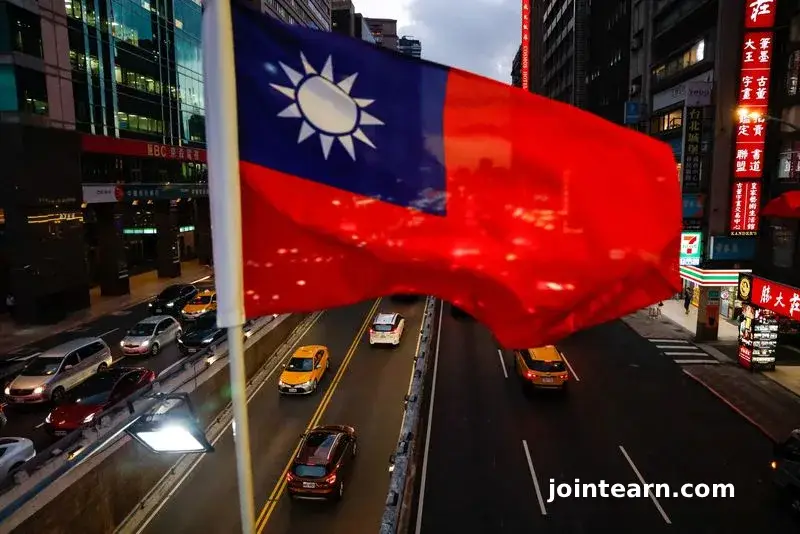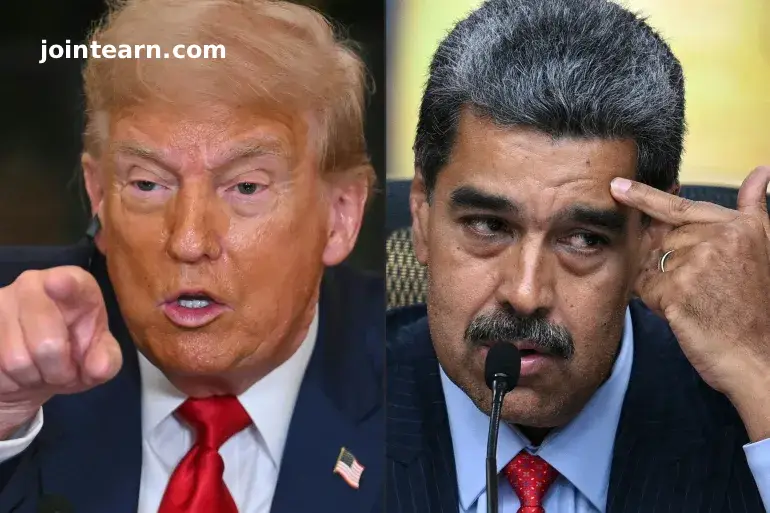
Taiwan’s government announced on Friday that public officials, educators, and students are prohibited from attending Chinese-organized commemorations of the so-called “retrocession” of Taiwan, citing Beijing’s alleged attempts to rewrite history and legitimize its territorial claims over the island.
The ban coincides with China’s plans to celebrate the 80th anniversary of Taiwan’s retrocession to Chinese rule, an event Taipei argues has been politically manipulated by Beijing to bolster its narrative that Taiwan is part of the People’s Republic of China (PRC).
Taiwan Rejects Beijing’s “Historical Distortion”
In a public statement, Chiu Chui-cheng, head of Taiwan’s Mainland Affairs Council (MAC) — the top government body overseeing cross-strait policy — said the decision was made to “safeguard national dignity” and counter China’s disinformation.
Chiu accused Beijing of fabricating false narratives around historical events to support its long-standing “One China” claim.
“Beijing has repeatedly distorted history, concocting the claim that Taiwan is part of the People’s Republic of China,” Chiu said in a televised address. “The ultimate goal is to erase the Republic of China and annex Taiwan.”
The History Behind Taiwan’s “Retrocession Day”
The controversy centers around October 25, 1945, when Japan surrendered Taiwan to the Republic of China (ROC) after its defeat in World War II. Taiwan had been a Japanese colony since 1895, following the Treaty of Shimonoseki, and was governed by the ROC until 1949, when the Chinese Communist Party (CCP) won the Chinese Civil War and established the People’s Republic of China on the mainland.
The defeated ROC government, led by Chiang Kai-shek’s Kuomintang (KMT), fled to Taiwan — where it remains to this day as a sovereign democratic government.
Taipei asserts that it was the Republic of China, not the People’s Republic of China, that fought and won against Japan in WWII. This distinction, officials say, proves that Taiwan and China are historically and politically separate entities.
China’s “Unified Narrative” Faces Resistance in Taipei
Beijing, however, sees the retrocession anniversary as a symbol of national unity and has used it to promote the idea that Taiwan “returned” to the Chinese motherland after Japanese occupation.
A spokesperson for the Taiwan Affairs Office (TAO) in Beijing said earlier this week that the retrocession was a “great triumph for all Chinese people, including those in Taiwan.”
Yet Taiwan views this rhetoric as an effort to blur legal and political realities. “China’s use of the 80th anniversary as a propaganda tool directly challenges Taiwan’s sovereignty,” said a Taiwanese political analyst at National Chengchi University. “It’s part of a broader campaign to shape international perception and justify possible future unification moves.”
Official Ban Extends Beyond Government Workers
The Taiwanese government’s directive explicitly bans public officials, teachers, and students from participating in any Chinese-hosted retrocession events — whether in person, online, or through academic exchanges.
Authorities have also urged private citizens to avoid involvement, emphasizing the need to “put the national interest first” and resist participation in activities that could be used to “undermine Taiwan’s democracy and autonomy.”
The Mainland Affairs Council warned that those found violating the order could face disciplinary or administrative penalties, depending on their status.
Rising Tensions Across the Taiwan Strait
The latest policy comes amid heightened tensions between Taipei and Beijing, with frequent Chinese military incursions into Taiwan’s air defense identification zone (ADIZ) and ongoing disinformation campaigns targeting Taiwan’s elections and civic institutions.
Beijing continues to assert that Taiwan is an inseparable part of its territory, vowing to bring the island under its control — by force if necessary. Taiwan, led by President Lai Ching-te, rejects these claims, maintaining that only Taiwan’s 23 million citizens can decide their own future.
Contrasting Celebrations: Military Parade vs. Pride March
While China plans official events to commemorate the end of WWII and the retrocession anniversary — including a massive military parade showcasing its armed strength — Taipei will host East Asia’s largest Pride parade on the same weekend.
The Taiwan Pride March, expected to draw tens of thousands, celebrates LGBTQ+ rights, equality, and freedom of expression, starkly contrasting Beijing’s state-orchestrated nationalism with Taiwan’s vibrant democracy.
Analysts see the juxtaposition as a symbolic display of two diverging political identities — one authoritarian, the other democratic — on either side of the Taiwan Strait.
Outlook: A Deepening Divide Over History and Identity
As the 80th anniversary of Taiwan’s retrocession approaches, the battle over historical interpretation reflects the broader geopolitical struggle between China and Taiwan.
Taipei’s ban underscores its determination to resist Beijing’s influence operations, while Beijing is likely to continue using historical symbolism to advance its unification narrative.
Whether through propaganda or policy, both sides appear entrenched in their positions, making reconciliation increasingly unlikely as Taiwan’s identity grows more distinct — and its democratic values more deeply entrenched.


Leave a Reply